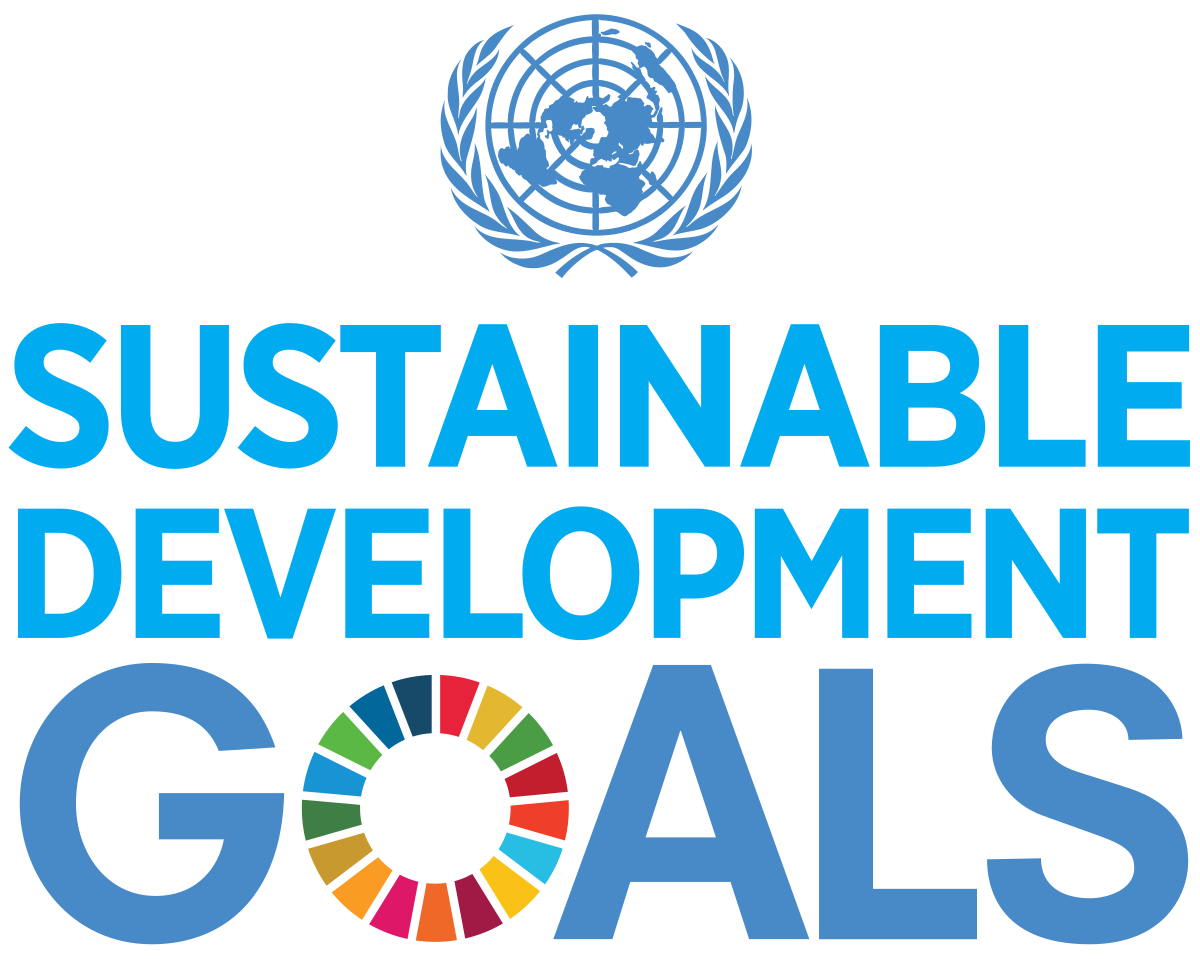In 2018, Thermador Groupe took on board the UN’s 17 Sustainable Development Goals (SDGs) as part of its CSR strategy. Below is a summary of the 11 SDGs adopted by the company:
Our commitment to our 11 sustainable development goals and the Global Compact


Thermador Groupe has been committed to the United Nations Global Compact social responsibility initiative since 2021, along with the Compact’s 10 principles relating to human rights, labour standards, the environment and anti-corruption. Over 14,000 companies from 162 countries are now signed up, organised around 70 local networks throughout the world. This places Thermador Groupe at the heart of a process dedicated to advancement, and in the short term, the next two stages to define progress points and introduce an action plan.
The ten principles of the United Nations Global Compact
HUMAN RIGHTS
1 - Support and respect the protection of internationally proclaimed human rights
2 - Ensure that they are not complicit in human rights violations
INTERNATIONAL LABOUR STANDARDS
3 - Uphold the freedom of association and the effective recognition of the right to collective bargaining
4 - Contribute to the elimination of all forms of forced and compulsory labour
5 - Contribute to the effective abolition of child labour
6 - Contribute to the elimination of discrimination in respect of employment and occupation
ENVIRONMENT
7 - Support a precautionary approach to environmental problems
8 - Undertake initiatives to promote greater environmental responsibility
9 - Encourage the development and diffusion of environmentally-friendly technologies
FIGHT AGAINST CORRUPTION
10 - Act against corruption in all its forms, including extortion and bribery

 en
en  fr
fr